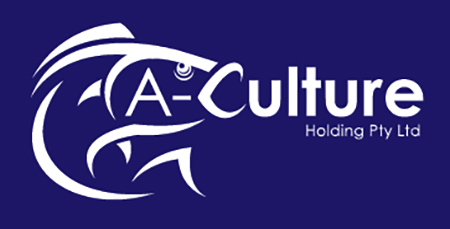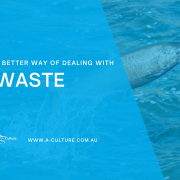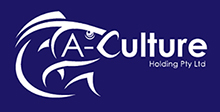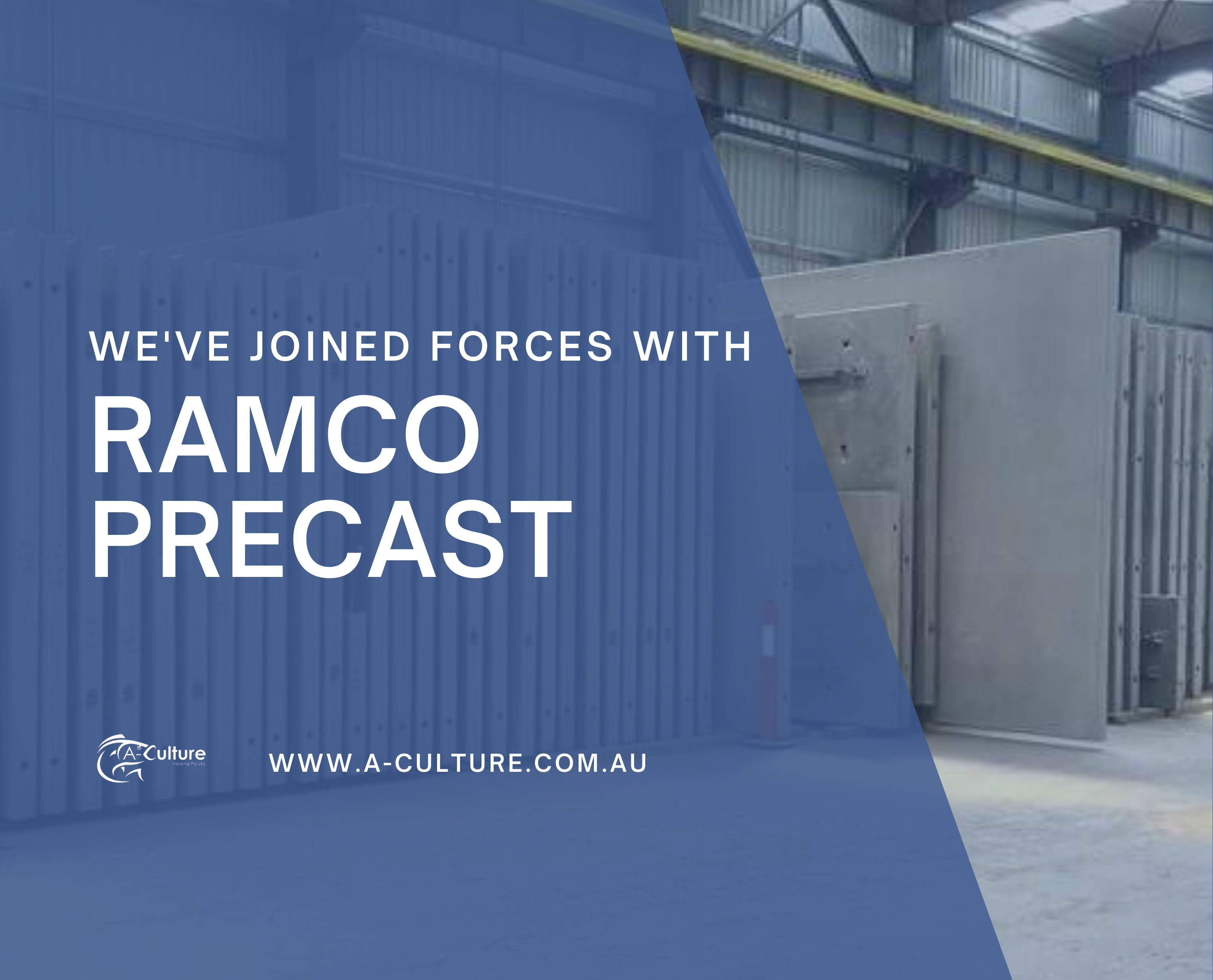Waste
Poo is one of those subjects few people spend much time thinking about, but it can’t be ignored. In my aquaculture textbooks it’s defined as “metabolic wastes discharged from an aquatic animal in the form of faeces”. Solid waste, poo, excreta, whatever you want to call it, is one of the wastes that must be responsibly managed as part of any intensive aquaculture system. Ocean based aquaculture relies on the concept of ‘dilute and disperse’ when it comes to dealing with solid waste.
The Tasmanian government’s recently updated 10 year plan for salmon farming, shows that one way to expand the ocean based industry while still managing wastes is to move into deeper and higher energy waters. But this brings substantial engineering and logistical issues and ultimately doesn’t change the ‘dilute and disperse’ paradigm of current marine finfish aquaculture practices.
What if there was a better way of dealing with waste?
I think we can learn a lot from intensive livestock production systems and how they actively and deliberately deal with the solid waste produced by their animals starting with capturing the waste close to source and then dealing with it in controllable and efficient ways. Every new intensive livestock facility needs systems to handle the nutrient load, smell, biosecurity, insect and pest complications and risks that come from accumulating tonnes of solid and liquid waste every day.
Dealing with excreta in intensive livestock rearing is a substantial cost of doing business. Land-based aquaculture operators (primarily using freshwater systems) are in many ways similar to other intensive livestock operations. Land-based aquaculture operations need to manage dissolved nutrients, suspended solids, and chemical and biological oxygen demands within the maximum limits set by their licence conditions, particularly if they discharge to surface water bodies.
This is one of the reasons I am so enthusiastic about the A-Culture designed OZRAS advanced recirculating aquaculture systems (RAS). When we designed the OZRAS system we incorporated BALEEN solids separation technology. This Adelaide-based company makes award-winning equipment that reduces water content of separated solids to produce a spade-able consistency. The spade-able concentrate will be dealt with immediately so it doesn’t collect and contribute to issues with smell, biosecurity, pests or insects and it will uphold our social licence to operate.
So that’s it, my first blog. Many might say that I’ve been talking s#it for years, now I’ve written about it!
John Carragher – A-Culture Scientific Adviser





Trackbacks & Pingbacks
kamagra v kanadské farmacii
přes pultový prodej kamagra v anglii
cheap xifaxan no prescription
xifaxan mail order Australia
buy avodart buy in london
avodart at discount price
usa phizer brand hame staxyn from phizer
discount staxyn usa sales
get itraconazole cost of tablet
buy itraconazole cheap where
vivo en bradenton fl usa donde puedo comprar fildena
discount fildena canada shipping
ordering gabapentin price london
get gabapentin medication interactions
cheapest buy dutasteride generic sale
buy cheap dutasteride cheap drugs
buying flexeril cyclobenzaprine generic does it work
purchase flexeril cyclobenzaprine low price
kamagra en ligne canada
kamagra sans ordonnance
enclomiphene prescription drug plans
buying enclomiphene canada low cost
how to order rifaximin purchase online from canada
cheap rifaximin no prescription online
how to buy androxal price canada
usa phizer brand hame androxal from phizer
Comments are closed.